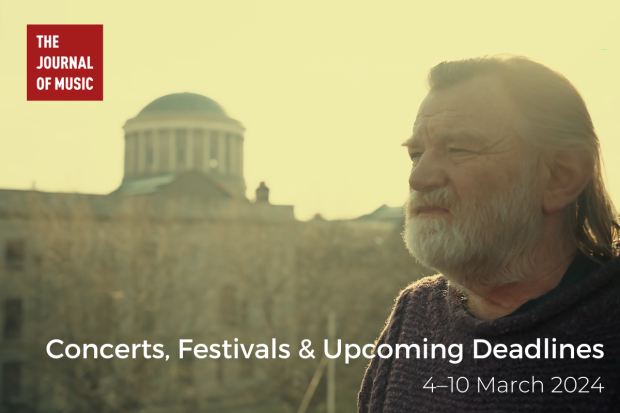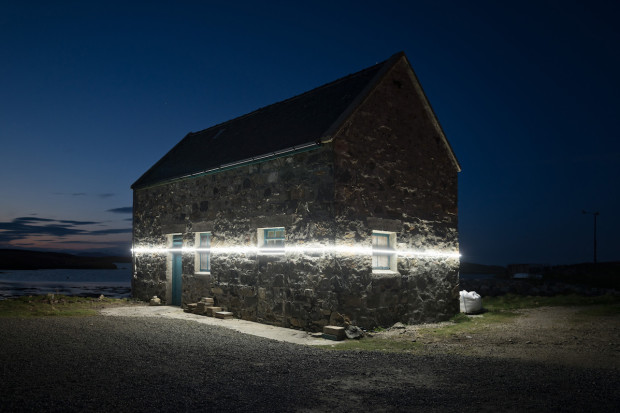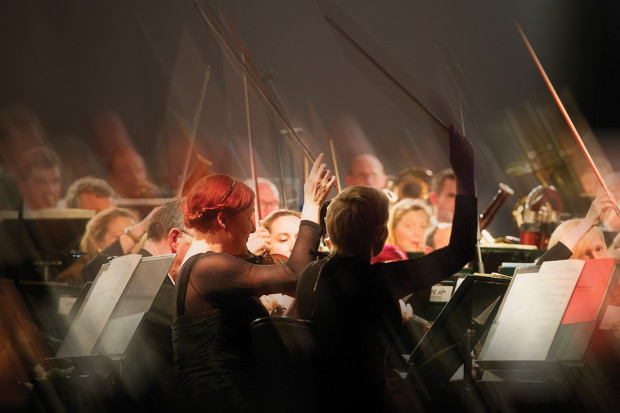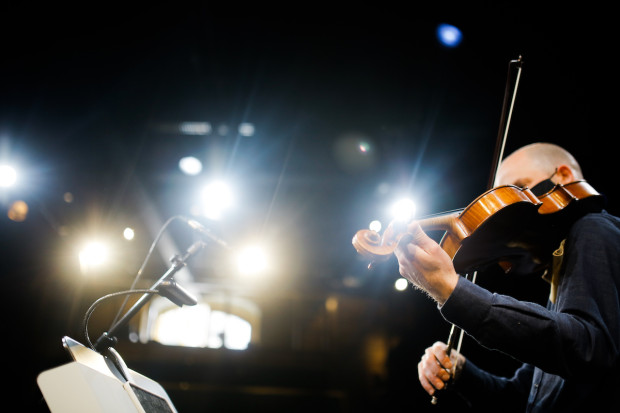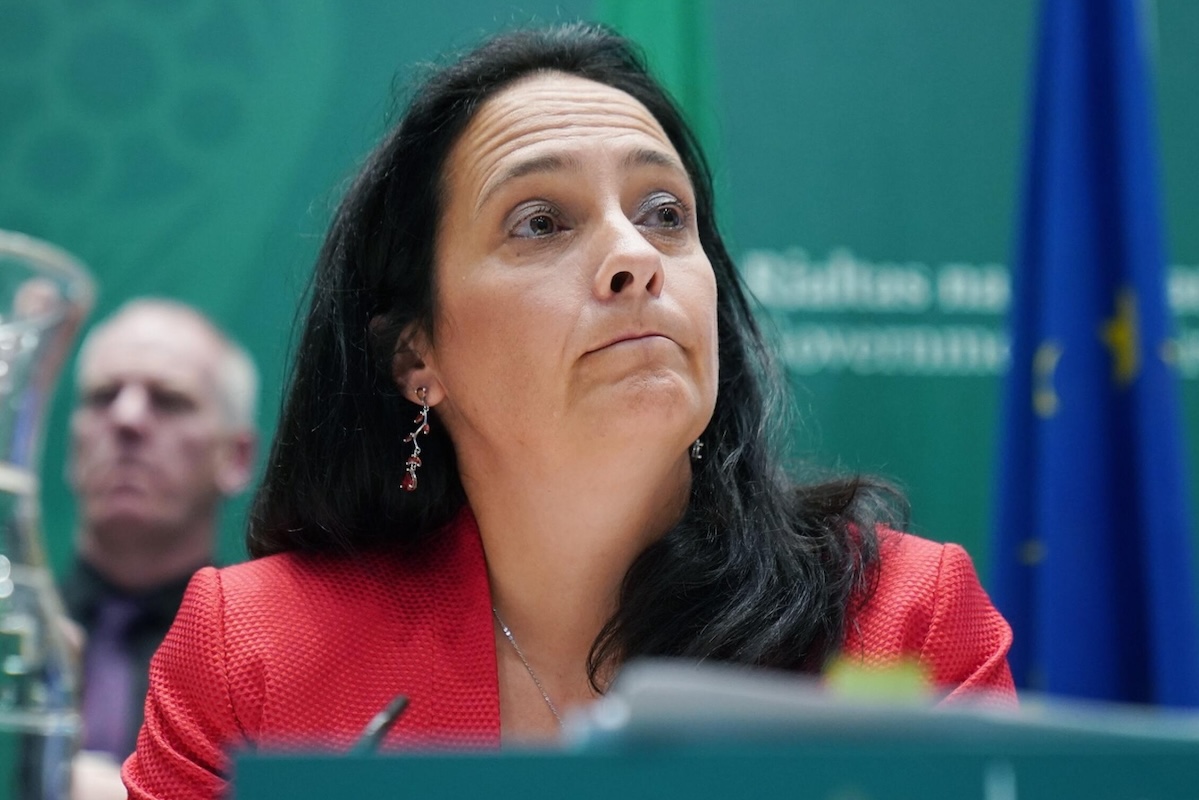
Minister Catherine Martin
Catherine Martin's Prime Opportunity to Protect Irish Music
From every crisis comes an opportunity, and while the current RTÉ upheaval should concern the Irish music scene, which is so reliant on the national broadcaster, there is a chance for something hopeful to emerge.
When Minister Catherine Martin last appointed new members to the RTÉ board in late 2022, she did not include anyone with musical expertise, which was concerning. The prospect of five years without someone speaking up for music, or making it their priority, could suggest the worst. However, we are now in a different situation.
Because of the RTÉ crisis, there are presently five empty seats on its board, one of which will be filled by a new Chair, soon to be appointed. That still leaves considerable scope to appoint the missing musical expertise. This is crucial not just because RTÉ plays a central role in Irish music, but because the scene also offers the broadcaster one of the best opportunities it has to demonstrate its importance to Irish society.
This was clear last Tuesday 27 February during the live broadcast from Vicar Street of the RTÉ Radio 1 Folk Awards (full disclosure: I am a member of the voluntary committee that votes for the Hall of Fame and Lifetime Achievement Award). It was clear to everyone there and at home that over three hours the station broadcast an extraordinary range of music and culture, from Stephen James Smith’s ‘An Ode to Tony MacMahon’s Den’ to teenage uilleann piper Sorcha Ní Scolaí’s fearless tribute to Séamus Ennis, not to mention powerful speeches from Eoghan Ó Ceannabháin and Rhiannon Giddens. Speakers switched between English and Irish and the occasion brought Irish creativity to a global audience. There was a stream of positivity online, which was almost, but not entirely, overshadowed by the RTÉ controversy. The broadcaster needs plenty more evenings like this to put the bad times behind it – that’s a strength that music brings.
Combatting the cuts
The Folk Awards are just one of the musical services that RTÉ provides – this Thursday, for example, the RTÉ Choice Music Prize will take place at Vicar Street – but as the financial difficulties persist, we have to consider at what stage the new rounds of cuts will start to erode RTÉ’s music work. Minister Martin appointing a board member who is a part of the music scene, someone with a high profile, could offer some protection.
We are not facing a static situation; new challenges for music are appearing all the time. Last Wednesday, Emma O’Kelly, an RTÉ journalist, union representative and a clear voice in this crisis, said we need to look at the ‘root causes’ of the current mess, which she described as ‘RTÉ desperately looking for a goose that would lay a golden egg because we were starved of public funding.’ With extraordinary timing, RTÉ released a press release the next day saying it is introducing advertising onto the schedule of Raidió na Gaeltachta. A golden egg! But what does this new focus on advertising mean for the station’s commitment to traditional music and song? Has anyone asked its loyal listenership what it thinks about this move?
It seems that RTÉ is repeating the same mistake again. Last Tuesday in the Irish Times, Fintan O’Toole highlighted the intractable problems with this ‘root cause’: ‘What has made an organisation so vital to Irish democracy so toxic?’ he asks. ‘It’s the lethal cocktail of commercial business and public service.’ He suggests that Minister Martin ‘fund RTÉ from the exchequer as a public service and instruct it to serve the nation and only the nation.’ That’s what RnaG was doing for fifty years, but now it has joined the unfortunate search party for the goose.
The challenges facing RTÉ are critical, and it is difficult to imagine Irish musical life coming through unscathed. An orchestra, three choirs and a string quartet have already slipped away with barely a protest. RTÉ 2XM and RTÉ Pulse are next to be cut according to the new strategy. What will be left in the end, and who will protect it?
There is further cause for concern: the recent report on Toy Show The Musical stated that ‘RTÉ’s expertise is predominantly in broadcast output rather than events.’ It is almost as if they are softening us up for more cuts. RTÉ in fact has extensive live events experience. When it had two orchestras, it programmed over 100 orchestral events every year. With the RTÉ Concert Orchestra it still has a busy roster. There are also events such as the Folk Awards, the Choice Music Prize, Lyric FM hosting a concert in May to mark 25 years, and RnaG often hosts events. How much live events expertise do you need? The author of the report refers only to three concerts. Why did no one in RTÉ who read the report (a board member?) question this?
Minister Martin has an opportunity now to ensure that RTÉ’s musical importance is not passed over again. It is difficult to know who will speak up for music if she doesn’t.
Subscribe to our newsletter.
Published on 4 March 2024
Toner Quinn is Editor of the Journal of Music. His new book, What Ireland Can Teach the World About Music, is available here. Toner will be giving a lecture exploring some of the ideas in the book on Saturday 11 May 2024 at 3pm at Farmleigh House in Dublin. For booking, visit https://bit.ly/3x2yCL8.










